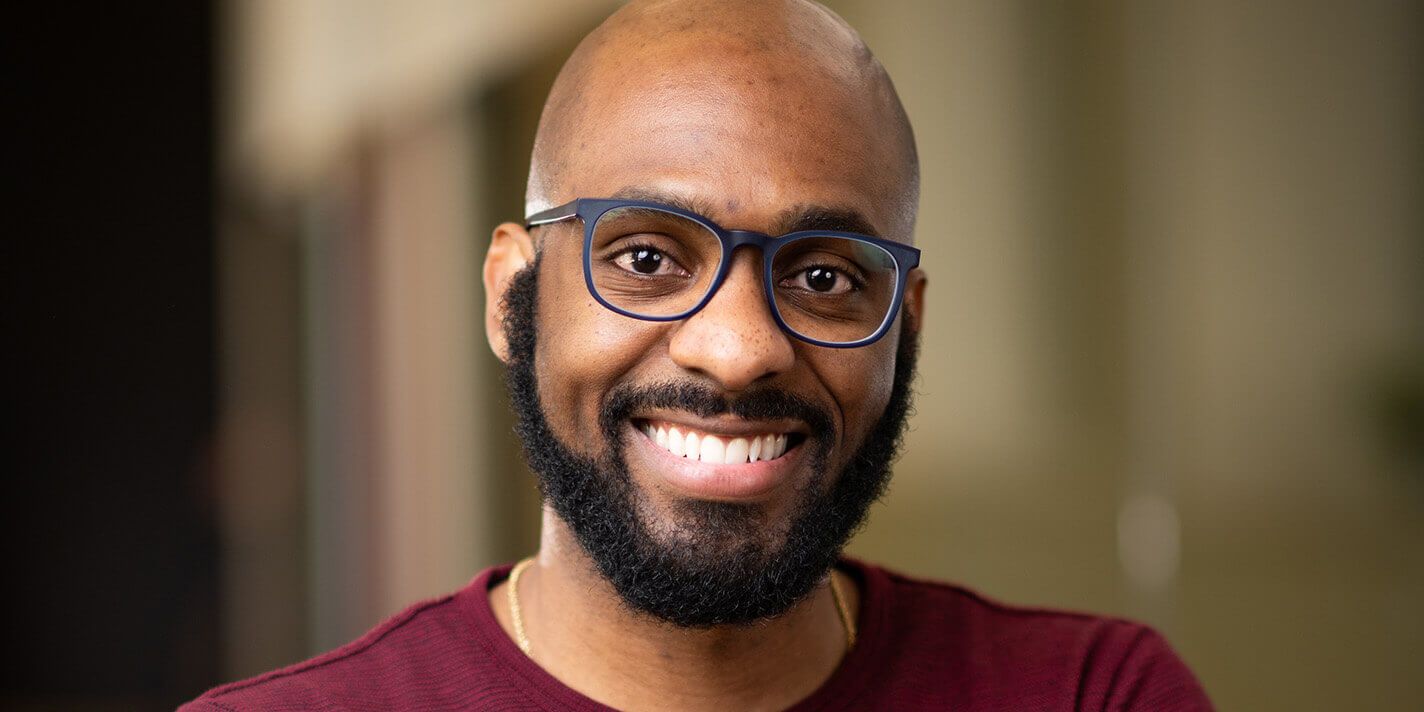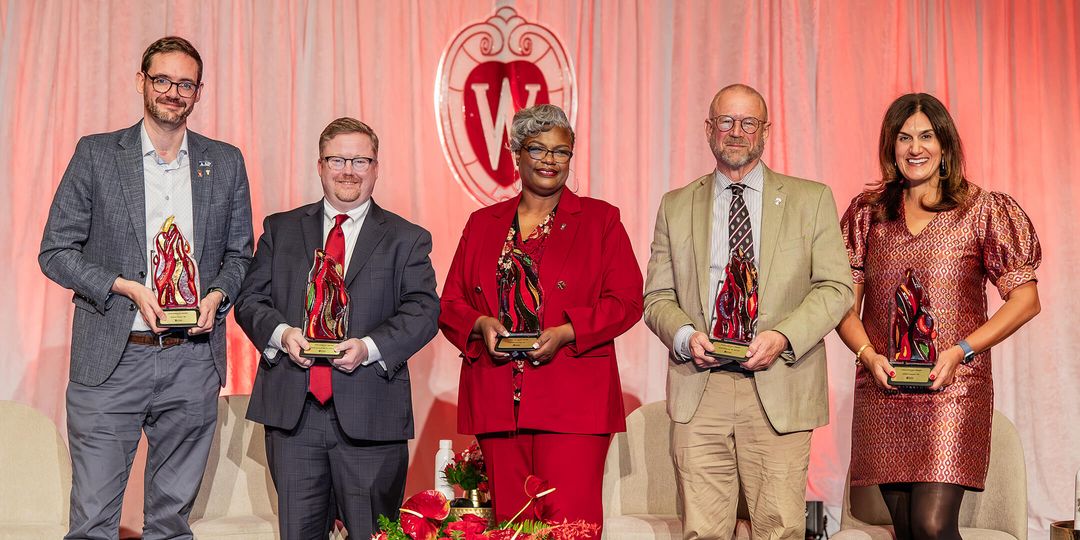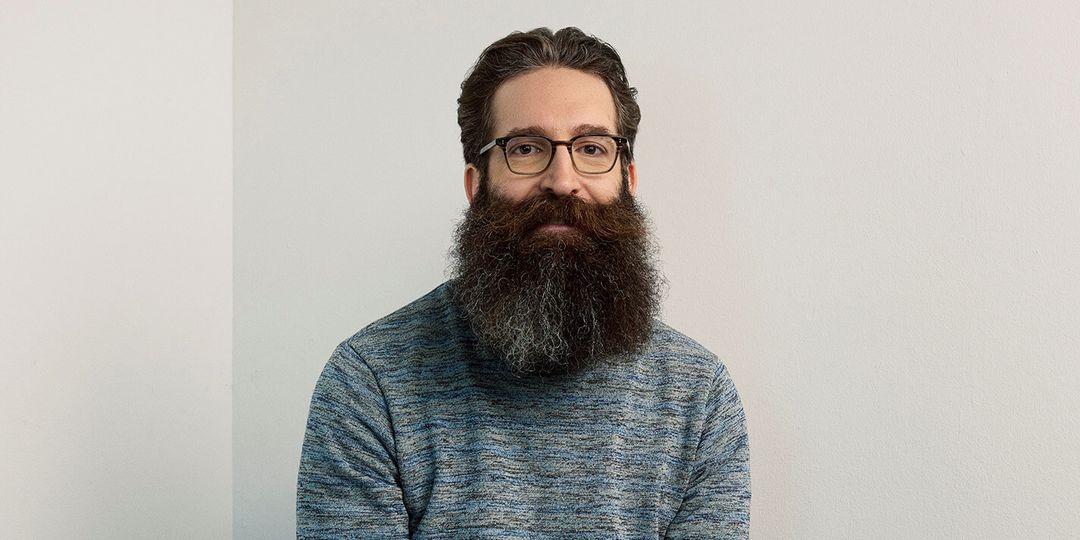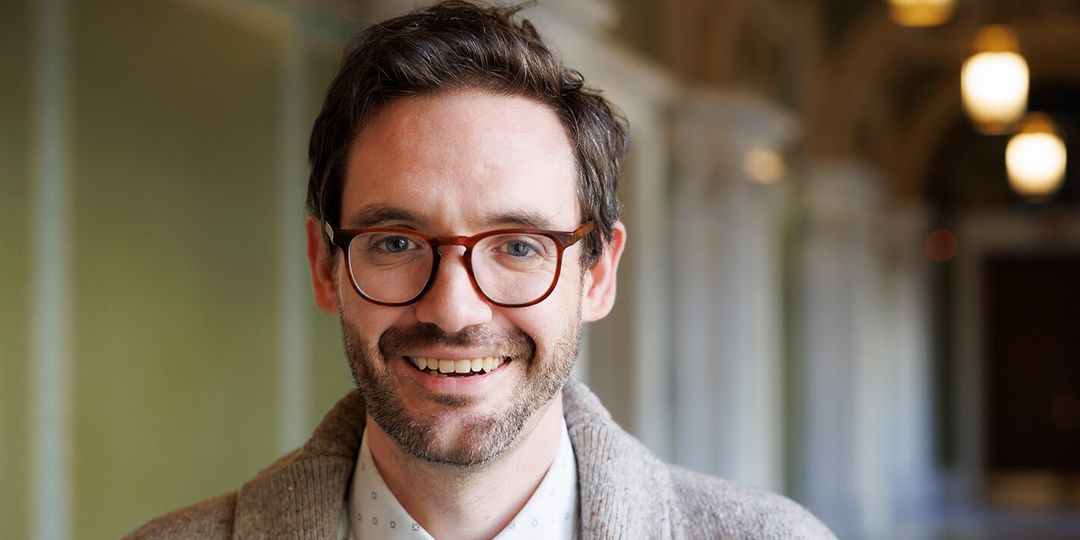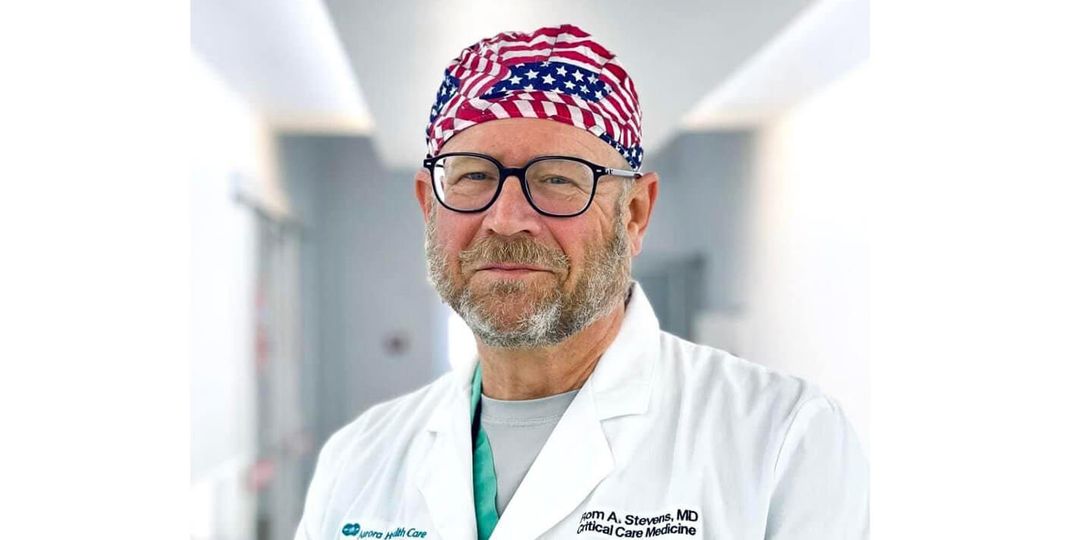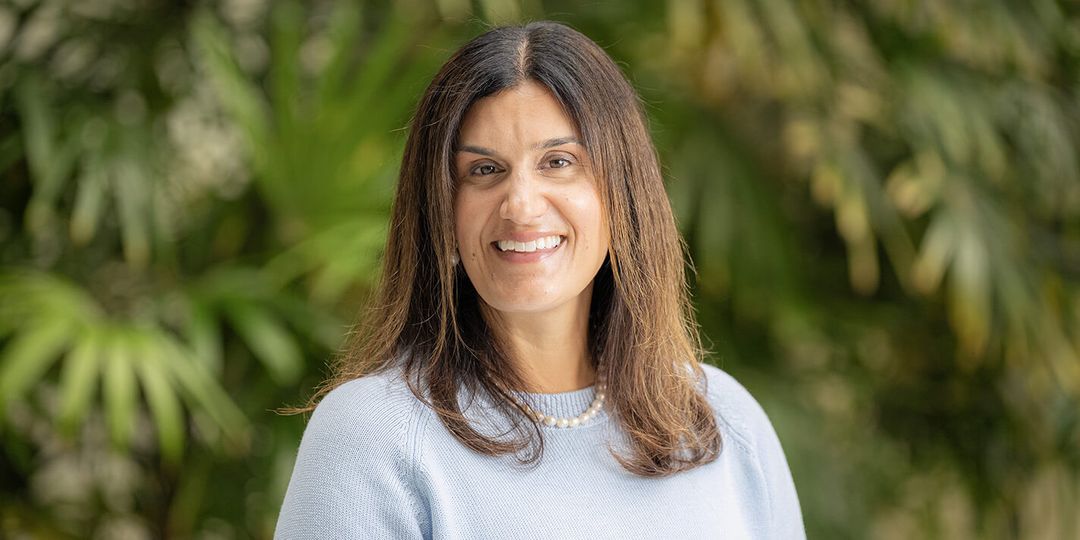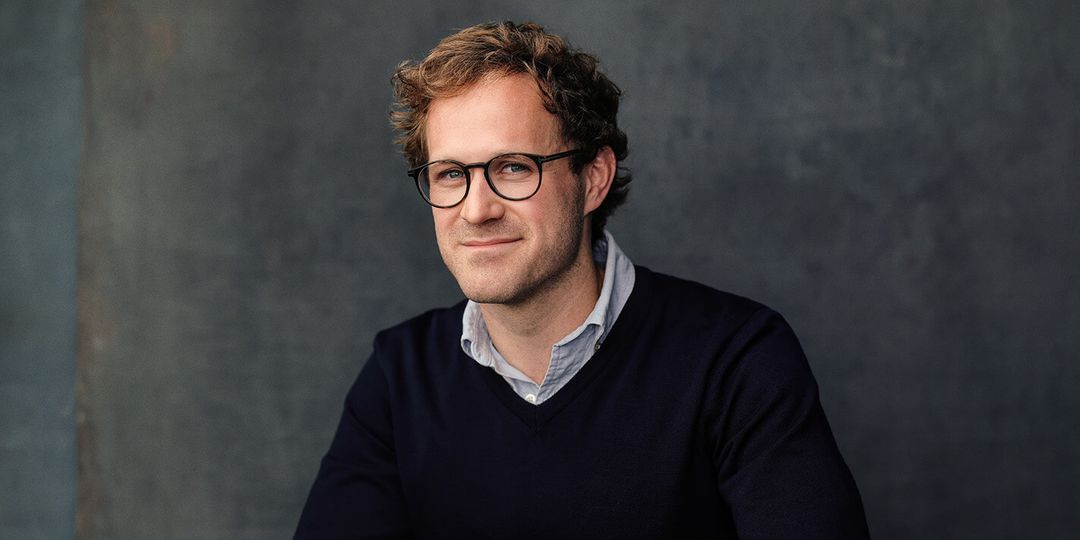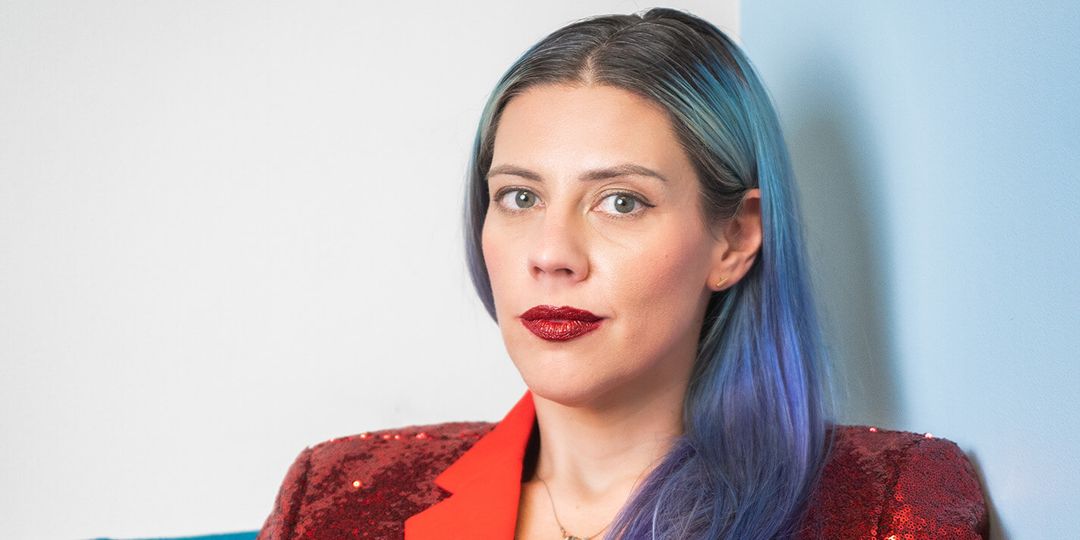UW Majors: French, Legal Studies
Doctoral Candidate, Center for the Study of Higher and Postsecondary Education, University of Michigan
Research Associate, Campus Abolition Research Lab
Educational Research Specialist, Thrive Scholars
Jarell Skinner-Roy’s first week as a UW undergraduate wasn’t the stuff of marketing brochures. One afternoon while walking to his dorm, he was stopped by a campus police officer and asked for his student ID, which hadn’t been issued yet. The police officer told Skinner-Roy that he looked suspicious and harassed him for several minutes.
It was only the first of several microaggressions Skinner-Roy experienced on campus as a Black man; those greatly impacted his experience at the UW. A lifelong Badger sports fan who grew up in Madison, Skinner-Roy often felt like he didn’t belong and had to overcome his urge to drop out several times. He credits his decision to stay in part to his close friends as well as his adviser at the Center for Academic Excellence, Linda McCarroll Stamm, who saw, validated, and nurtured Skinner-Roy’s passion for enacting institutional change.
As an intern at the Dane County District Attorney’s Office, Skinner-Roy worked with young Black men caught in the criminal justice system and quickly realized that educational inequalities were at the root of many of the issues he witnessed in court. After graduation, Skinner-Roy taught abroad in Benin, where he was deeply inspired by the collective spirit of his host community. Back in the Midwest, he became a program leader at an education nonprofit in the Twin Cities that supports students of color and first-generation students from low-income backgrounds. He also served on various nonprofit boards, including the Minnesota Council of Nonprofits, which is the largest state association of nonprofits in the country.
Skinner-Roy gradually realized that many of the negative experiences he faced at the UW were systemic. He also recognized some of the ways in which diversity, equity, and inclusion–related work could be strengthened with more research. He decided it was time to become a student once again, earning his master’s degree in higher education from the University of Michigan in 2019.
“It’s easy to think about racism as an individual, interpersonal thing — this person did something that was racist — but oftentimes we don’t talk about how racism is embedded within our institutions,” he says. “We need to be thinking about the processes, about the training of folks to create a campus environment that’s inclusive and safe for Black students and Black folks in the community.”
Skinner-Roy is now pursuing a PhD in higher education at the University of Michigan, where his work examines how racialized policing on college campuses affects students’ perception of safety and security, and how policing policies are often misaligned with institutional rhetoric and practices. “We can help students navigate these unfair racist practices, but if we’re not doing anything to change the practices themselves, then it’s something that we’ll be doing forever,” he says. “I think a lot about radical imagination, envisioning our institutions not as they are currently or as they have been, but as they could be,” he says. “It’s hard to imagine something that has never existed before, but that’s really the very first step into making meaningful change.”
